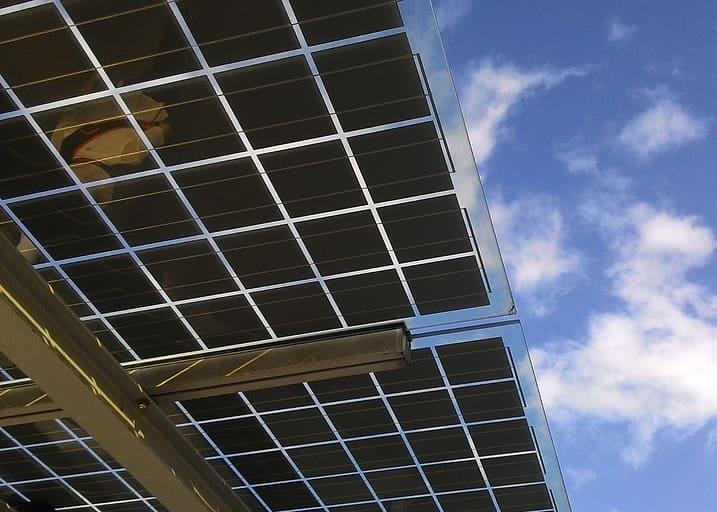
Oil prices fell to a two-month low at the end of June. Hopes that the 28 June transfer of sovereignty in Iraq might bring some respite from the sabotage attacks against the country's oil infrastructure were the main factor sending prices down. The handover came in advance of the 1 July date for OPEC's 2 million-barrel-a-day (b/d) output rise. Spot Brent was trading at $33.03 a barrel on 30 June, compared with $34.65 a barrel a week earlier.
The day before the transition, there was good news from the Iraqi oil industry. Output was resumed through the larger of the two main pipelines carrying oil from the southern fields to the Basra and Khor al-Amaya export terminals, out of action since attacks in early June. However, within hours the continued threat from insurgents was evident. A bomb exploded beneath a small domestic feeder pipeline near the town of Latifiya, about 50 kilometres south of Baghdad. Bearish US stock data has been adding to downward pressure on prices in recent weeks, although the figures released on 30 June bucked the trend of steadily rising crude inventories, as these fell marginally to 304.9 million barrels. Gasoline inventories remained flat at 205.1 million barrels, down 0.7 per cent year on year. But a 23 per cent drop in US gasoline prices since mid-May, when concerns about summer shortages were at their peak, has been helping depress crude prices. Riyadh was instrumental in the OPEC decision to increase the nominal production ceiling by 2 million b/d to 25.5 million b/d from 1 July. However, the kingdom sent a more alarming message to the market the day before the change was due to take effect. 'I believe the current prices are fair and there is no reason to take any measures either to decrease or increase the production,' Saudi Petroleum & Mineral Resources Minister Ali Naimi said in Riyadh. OPEC production in May, including Iraq, averaged more than 28 million b/d - the highest level for 25 years - and more hawkish members of the group are beginning to suggest that OPEC is pumping too much. OPEC president and Indonesian Energy Minister Purnomo Yusgiantoro said in an interview in late June that adjustment of the $22-28-a-barrel price band was under ongoing review in the organisation.
You might also like...

Neom seeks to raise funds in $1.3bn sukuk sale
19 April 2024

Saudi firm advances Neutral Zone real estate plans
19 April 2024

Algeria signs oil deal with Swedish company
19 April 2024

Masdar and Etihad plan pumped hydro project
19 April 2024
A MEED Subscription...
Subscribe or upgrade your current MEED.com package to support your strategic planning with the MENA region’s best source of business information. Proceed to our online shop below to find out more about the features in each package.




